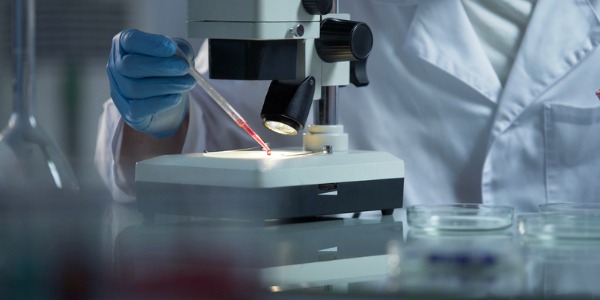What is a Forensic Pathologist?
Forensic pathology involves discovering the cause of death, particularly in cases where it is sudden and unexpected, or the police suspect that it has not occurred by natural causes. A forensic pathologist is someone who investigates the cause of sudden and unexpected deaths, and can provide evidence in court regarding the cause and time of such deaths.
Forensic pathologists are able to determine how a person died by performing autopsies and studying tissue and laboratory results. A sudden and unexpected death may occur at home, in a hospital, in prison, or in police custody, and may be an accident, suicide, murder, or due to natural causes.
Note : In some states, coroners are required to be forensic pathologists. In other areas, this is not the case.
What does a Forensic Pathologist do?

A forensic pathologist's investigation includes visiting the scene of the death, gathering information about what happened at the time and place of the person's death, as well as what their health was like and what they were doing at the time.
A forensic pathologist's examination of a body includes looking at clothing, the body itself, as well as the internal organs during a post-mortem (also known as an autopsy). They look at the body's external appearance to determine how the person died - external evidence may include blows to the body, signs of asphyxia, or wounds such as stab wounds or bullet entry points. They may also take samples from under fingernails, or samples of semen from vaginal swabs that may lead to a conviction of a murderer or rapist.
The forensic pathologist will study the internal organs to see how the external injuries connect to the internal injuries. For example, they will look for evidence of disease as a cause of death, such as a heart attack, stroke, aneurysm or infection. They will look at things like bruising of the brain following a head injury, or damage to the heart and blood vessels following a stabbing or shooting. The post-mortem may also include microscopic and X-ray examinations of the tissues of the body.
Forensic pathologists work with assistants, police photographers, toxicologists, forensic dentists, biochemists, pharmacologists, microbiologists and haematologists. Together with other experts, they are able to collect evidence from the body in order to help with their investigation.
What is the workplace of a Forensic Pathologist like?
Forensic pathologists work mostly in clean, well-lit laboratory settings, often in a morgue. However, they may also visit various places to examine the scene of the death, and can also expect to spend time testifying in court and doing routine paperwork.
Most forensic pathologists work on a full-time basis and are often employed by hospitals, health-care units, the city, or the local government. Because forensic pathologists work with dead bodies, there is a risk of exposure to infectious diseases. Protective gear such as gloves and masks are worn at all times.
The job can be stressful and may be emotionally difficult for some. To be successful in this career, forensic pathologists have to be able to separate themselves from their cases.